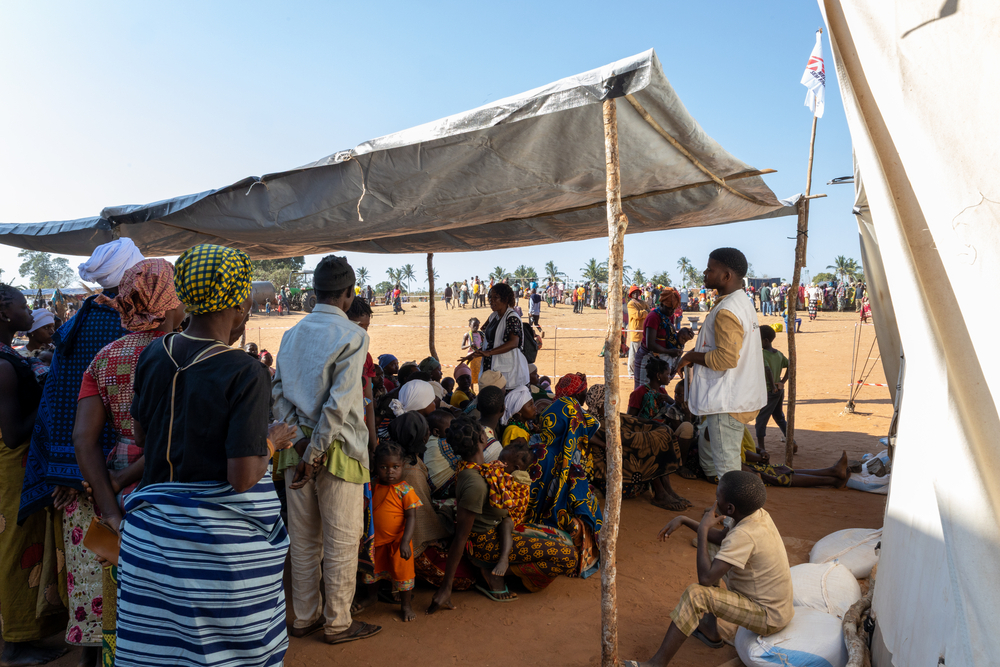Monday 15 September 2025 – Médecins Sans Frontières/Doctors Without Borders (MSF) teams have concluded an emergency response in Chiure—a town in Mozambique’s Cabo Delgado province—as most of the 50,000 people seeking refuge in the town after fleeing violence in the region in late July have returned home. However, recurring violent incidents continue to displace people in other parts of northern Mozambique, so MSF teams are closely monitoring the constantly volatile context.
The mass arrival of people, predominantly into Chiure town, took place between July 24 and August 3, following a series of attacks by non-state armed groups. This was the largest wave of sudden displacement since early 2024 in the province, where an estimated 425,000 people are internally displaced, according to the International Organisation for Migration. The local health system in Chiure district—already weakened by eight years of conflict and recurrent cyclones—was unable to cope with the sudden influx: Out of 16 health centres in the district, only five are fully operational.
In response, between July 31 and September 5, MSF carried out mobile clinics in transit camps in coordination with the Ministry of Health, providing more than 4,500 medical consultations for adults and children. MSF teams treated patients for malaria, malnutrition, and skin, respiratory, and diarrheal diseases. They also provided antenatal consultations to pregnant women. For many, it was the first time they were able to access prenatal care as health facilities in their home villages in Chiure district are inaccessible or non-existent.

MSF supplied 885,000 litres of clean water, installed 10 latrines, and built 10 shower facilities and handwashing points to prevent outbreaks of waterborne diseases. Approximately 4,000 people participated in group mental health sessions.
MSF first focused its response in Namissiri and Micone transit camps and then Maningane and Megaruma, where displaced people relocated to. By late August, families started heading back to their home villages or were relocated from temporary transit sites to regular resettlement centres in Chiure. “Some of the remaining people fear they will never be able to return home,” says Ana Mafalda. “Others try to go back only to check on their homes and belongings, or harvest vegetables from their farms so they have something to eat. People live in a permanent state of uncertainty and insecurity.”

While the situation in Chiure has calmed down for now, communities in other areas of Cabo Delgado continue to face violent attacks. In early September, violence in the coastal town of Mocímboa da Praia reportedly killed several people, triggering the movement of hundreds of people towards Mueda and other inland villages. Although the scale of displacement is not yet clear, the situation requires close monitoring.
-
Related:
- Mozambique
- MSF in Mozambique












